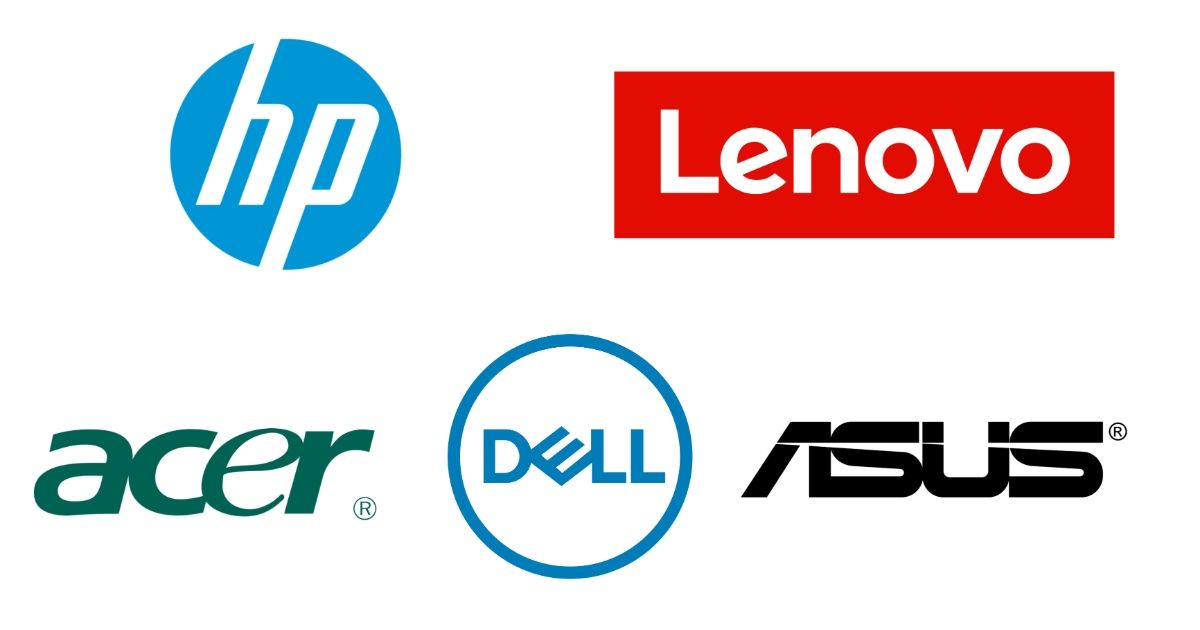
India is one of the fastest-growing consumer technology markets in the world. The country is the second largest smartphone market globally, and the growth is now penetrating the consumer PC market as well.
Research firm IDC has reported that India has recorded its biggest quarter ever in terms of PC shipments. In Q3 2023, over 4.5 million computers were sold across the laptops, notebooks, and desktop categories. HP, Lenovo, and Dell have remained the top 3 players in the Indian market, followed shortly by ASUS and Acer.
Indian PC Market Grows 14% YoY
The IDC report states that the number of PC shipments in Q3 2023 has risen by 14% as compared to the same period last year. The number of computer units sold has increased from 3.9 million units to 4.5 million units, the highest number ever recorded in the market for a quarter.
The top five companies in the segment in the Indian market are HP, Lenovo, Dell, ASUS, and Acer which contribute to over 85% of the total PC sales in the country. HP and ASUS have seen massive growth in their sales, while other brands have maintained similar positions in the market.

HP remains the top player in the Indian PC market with a market share of 29.4% in the recent quarter. It also witnessed a 40% YoY growth as its shipments increased from 940K units to 1.32 million. HP is known for its wide portfolio of notebooks and professional-grade laptops.
Lenovo has shortly followed HP at the second position, with 764K shipments and a market share of 17%. The company is dominant in the affordable laptops segment with its IdeaPad Series, while also offering the ThinkPad Series for enterprises. However, Lenovo saw a decline of 8% in terms of YoY shipments.
Dell has been quite steady in the market, with sales of over 654K units. The company has seen an increase of 68% in its consumer segment sales. IDC mentions that the growth of Dell could have been even higher, but the brand decided not to hoard stocks of its devices, which resulted in limited growth.
ASUS has shown massive growth of 40% YoY and has dethroned Acer to become the fourth-largest player in the Indian PC market. ASUS has emphasized its OLED screens offering one of the best visual experiences on a laptop across all price segments. ASUS shipped over 520K units in Q3 2023 in India.
Although Acer witnessed a 20% YoY growth, the company could not hold onto its position due to the exponential growth by ASUS. Acer continues to remain among the top five brands in India with 520K shipments. The company has also started focusing more on its sales through online channels, which has helped Acer grow in the consumer segment.
India’s Import Restrictions on Laptops May Have Pushed Sales

In August 2023, the Government of India imposed restrictions on the import of laptops and other data processing gadgets under the HSN 8741 category. The rule was set to come into effect from October 2023, and hence laptop brands could no longer import bulk units to India from overseas.
This raised multiple concerns in the Indian PC market over the shortage of laptops and computer units in the upcoming quarters. It almost created a panic situation in the market, which may have urged the masses to quickly upgrade their laptops. Hence, it is possible that the upcoming Q4 2023 may see a slight dip in number of computer shipments in the country.
The Government of India has withdrawn the import restrictions on laptops temporarily and has suggested laptop companies to start the local manufacturing of computers in the country. This will ease the demand and supply ratio of computers in the Indian market, and provide sufficient time for laptop companies to start local production.














